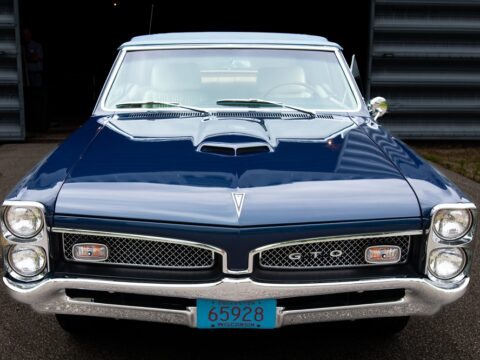Vehicle depreciation is an important factor for car owners, as it determines how much value a vehicle loses over time. In certain cities around the world, cars tend to depreciate faster due to a combination of factors such as economic conditions, environmental regulations, and road infrastructure. This article highlights 20 cities where vehicles lose value at the highest rates, offering insight into why these locations are particularly challenging for maintaining a car’s resale value.
Contents
Detroit, USA
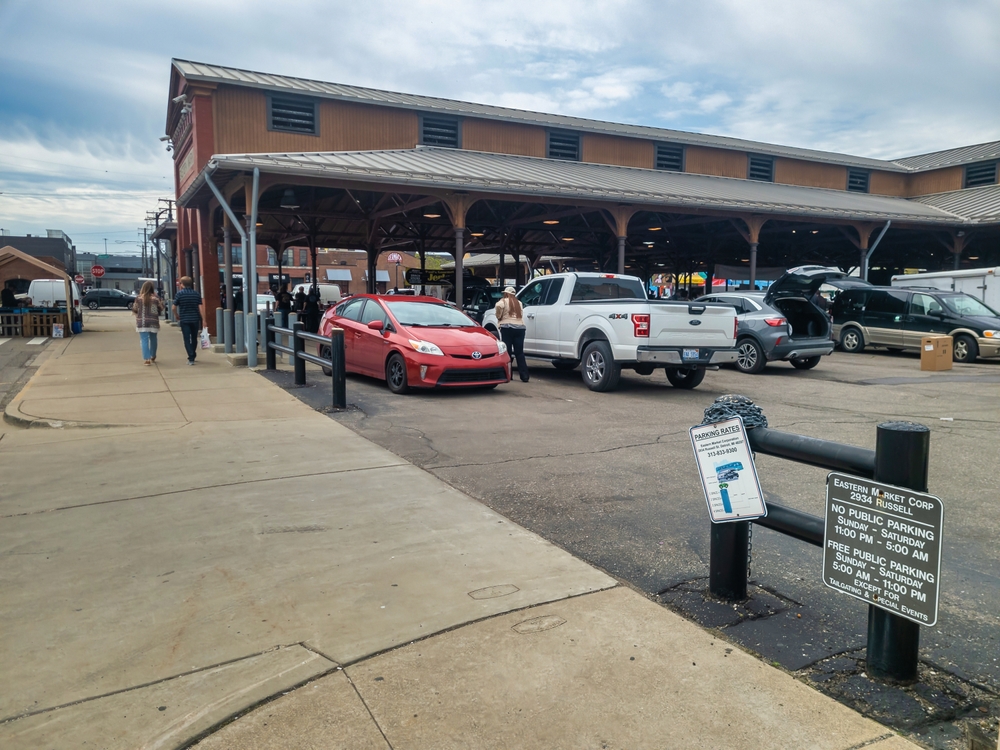
Once the heart of America’s automotive industry, Detroit has seen a sharp decline in vehicle values due to its economic struggles. The city’s high unemployment rates and population decline have diminished demand for cars, causing rapid depreciation. Harsh winters and heavy road salt accelerate wear and tear, further reducing vehicle longevity.
Houston, USA

Houston’s economy, largely tied to the oil industry, sees regular booms and busts that influence vehicle depreciation. High competition in the market, paired with fluctuating demand from oil workers, floods the used car market, driving down prices. Additionally, the city’s expansive layout leads to higher mileage on vehicles, reducing their resale value more quickly. Hot and humid conditions can also contribute to faster vehicle wear in this region.
Sydney, Australia
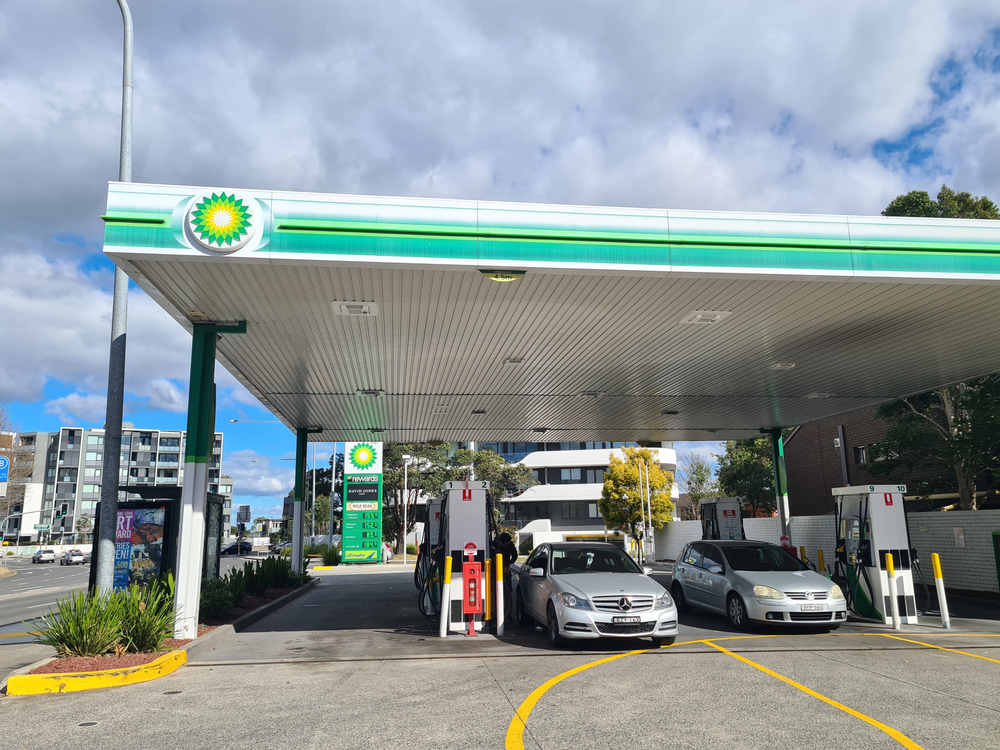
Sydney experiences steep vehicle depreciation, largely due to its high cost of ownership and strict taxes. With a luxury car tax in place, high-end vehicles lose value quickly. The city’s congested streets and long commutes also lead to significant mileage accumulation, further accelerating depreciation. Moreover, Australian consumers tend to prefer newer models, leaving older vehicles struggling to retain value.
Mexico City, Mexico

In Mexico City, vehicle depreciation is driven by pollution control measures and high crime rates. Strict emissions regulations make older models less desirable, pushing their value down. Heavy traffic and subpar road conditions result in quicker vehicle deterioration. Furthermore, the threat of theft lowers resale prices, particularly for luxury and high-end vehicles.
Johannesburg, South Africa

Johannesburg’s high vehicle depreciation is largely influenced by the city’s alarming crime rate, especially car theft. Vehicles in the city often come equipped with expensive security systems to retain value, but older models without such features depreciate faster. The South African economy, which has seen instability, also makes people more cautious about purchasing used cars, pushing prices down.
Milan, Italy

Vehicle depreciation in Milan is exacerbated by the region’s strict environmental policies, particularly against diesel vehicles. Many older cars are banned from driving in certain areas, which leads to a dramatic drop in their market value. Additionally, Milan’s wealthier population is quick to upgrade to newer, more eco-friendly models, driving down the value of older vehicles. The city’s high insurance premiums and taxes also contribute to rapid depreciation.
São Paulo, Brazil

In São Paulo, the combination of a struggling economy and high maintenance costs for vehicles leads to fast depreciation. Imported car parts are expensive, making older cars more costly to maintain, which drives down their value. Additionally, the city’s notoriously congested traffic accelerates wear and tear, especially on vehicles that are already a few years old. Economic uncertainty also discourages potential buyers from investing in used vehicles, pushing prices down further.
Moscow, Russia

Moscow’s harsh winters and the extensive use of road salt contribute to vehicle depreciation by accelerating rust and corrosion. Economic sanctions have made it more expensive to maintain foreign cars, especially as the ruble fluctuates. Many residents prefer newer models with the latest technology, leading to faster depreciation of older vehicles.
Cairo, Egypt

Cairo’s vehicle market is affected by poor road conditions, chaotic traffic, and a lack of consistent vehicle maintenance, all of which hasten depreciation. The hot and dusty environment contributes to faster vehicle wear, while many drivers delay repairs due to economic hardships. Import restrictions and high taxes on car parts make maintaining older vehicles more expensive, leading to a drop in resale value.
Bangkok, Thailand

The extreme climate in Bangkok, with its high humidity and frequent flooding, can cause vehicles to deteriorate quickly, leading to higher depreciation rates. Traffic congestion in the city results in substantial mileage accumulation, which further reduces vehicle value. The local car market is highly competitive, and Bangkok residents often prefer newer vehicles, which causes used car prices to fall sharply.
Beijing, China
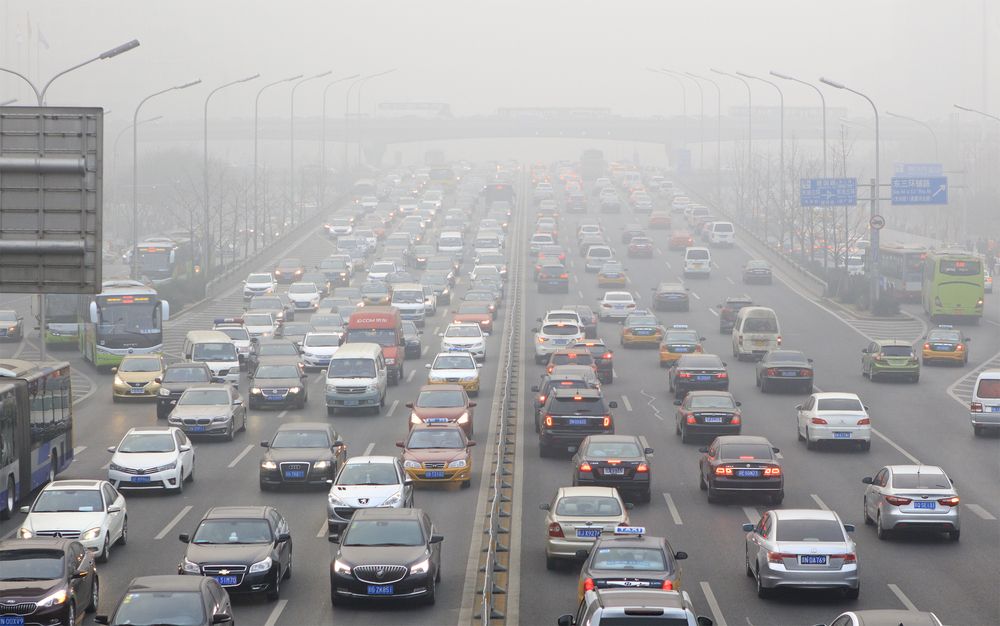
In Beijing, rapid vehicle depreciation is driven by the government’s aggressive shift toward electric vehicles and stricter emissions standards. Older gasoline-powered cars are being phased out, causing their values to plummet. Heavy traffic congestion results in vehicles accumulating high mileage, while air pollution damages car exteriors and mechanical systems. With China’s rapid technological advancements, older models quickly become obsolete, further contributing to depreciation.
Buenos Aires, Argentina
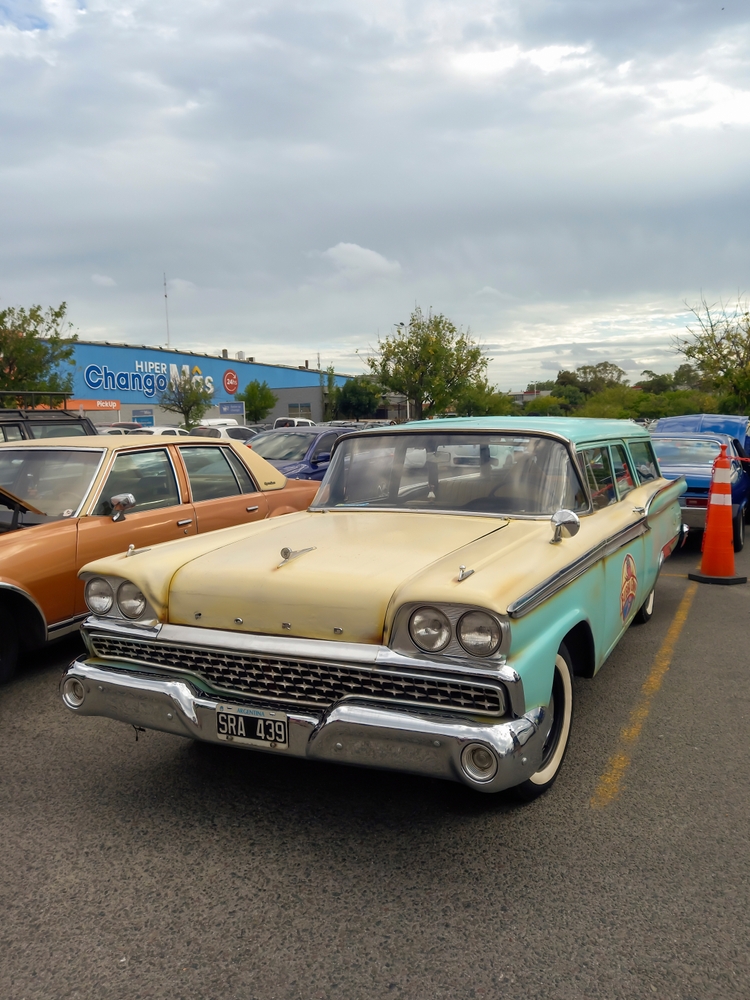
Frequent economic crises in Buenos Aires lead to fast vehicle depreciation, as currency devaluation reduces purchasing power and increases maintenance costs. High tariffs on imported parts make repairs costly, discouraging the ownership of older vehicles. Additionally, traffic congestion and poor infrastructure contribute to faster wear, diminishing vehicle resale values. Argentina’s struggling economy leaves fewer buyers in the market, causing used vehicles to lose value rapidly.
Paris, France
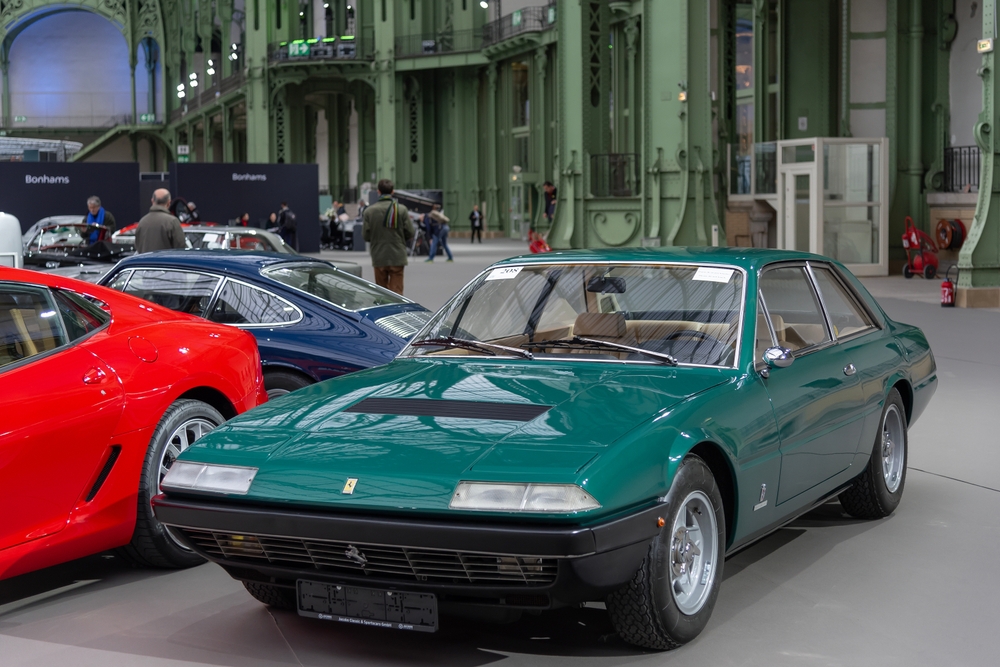
Paris imposes strict emissions regulations, especially on older diesel vehicles, which significantly drives down their market value. The city’s move towards electric and hybrid cars has led to a sharp decline in the demand for traditional fuel-powered vehicles. Public transportation is widely used in the capital, making private cars less necessary, which further contributes to depreciation. The high cost of ownership, including parking and insurance, also encourages quicker turnover of older cars.
Istanbul, Turkey
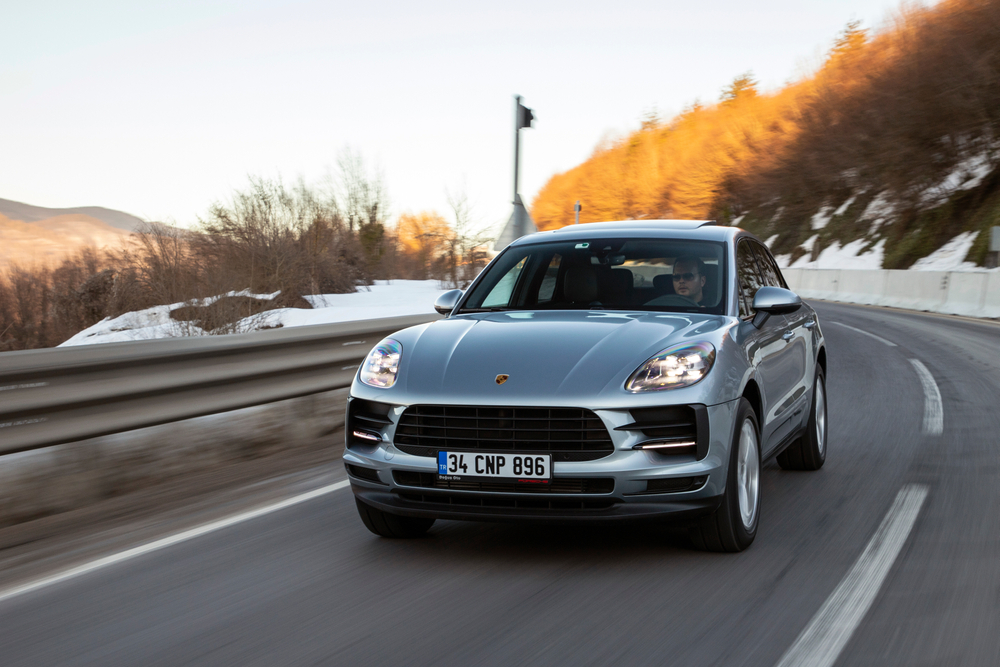
Istanbul’s vehicle depreciation is accelerated by the city’s economic volatility, high taxes, and inflation. The fluctuating Turkish lira has driven up the cost of both new and used cars, but older models tend to lose value rapidly. Traffic congestion and poor road conditions contribute to faster wear and tear, further reducing resale prices. Additionally, political instability and changing consumer preferences have made the car market more unpredictable.
Delhi, India

Delhi’s severe pollution and strict government restrictions on older vehicles significantly impact depreciation rates. Cars that are over 10-15 years old are often banned from the roads, making them virtually worthless in the market. Harsh weather conditions, including scorching heat and heavy monsoons, also contribute to faster wear. Furthermore, the booming market for newer, more affordable vehicles makes it difficult for used cars to retain value.
Los Angeles, USA
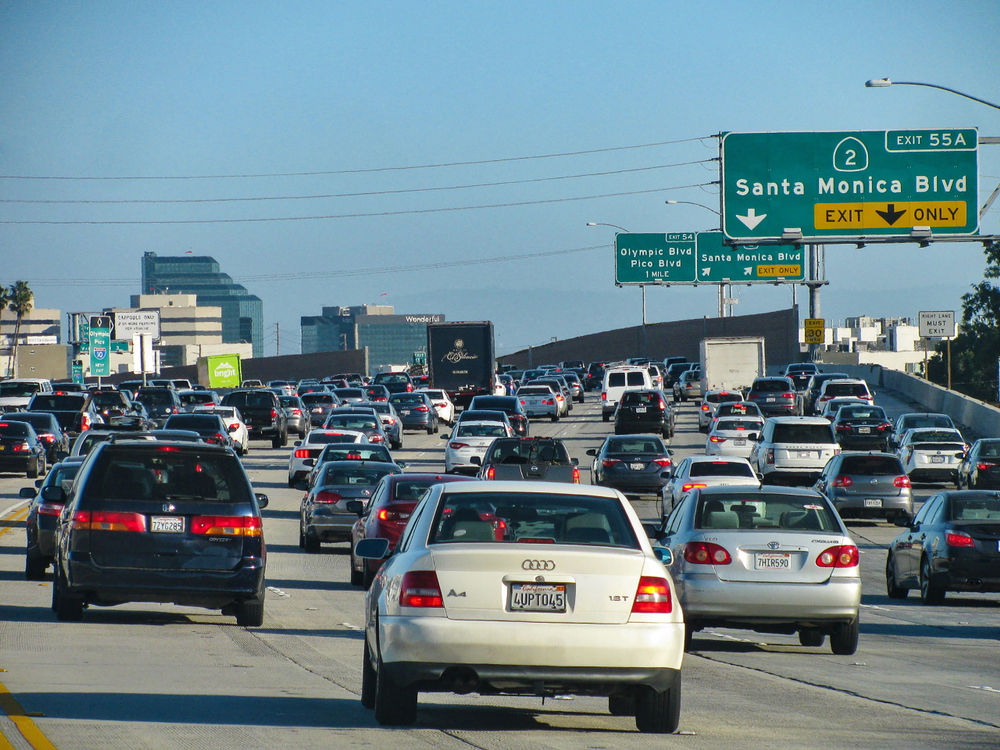
Los Angeles, with its sprawling urban environment and car-dependent culture, experiences high vehicle depreciation. Cars in LA accumulate mileage quickly, which reduces their resale value. The city’s push for electric vehicles, combined with California’s strict emissions laws, has led to a steep decline in the value of traditional gasoline-powered cars. With an oversupply of vehicles on the market, prices for used cars tend to drop more rapidly.
London, UK

London’s vehicle depreciation is driven by strict congestion charges and emissions policies targeting older vehicles, especially diesels. With a push toward electric and hybrid models, traditional vehicles quickly lose value. The city’s extensive public transport system reduces the need for cars, further driving down their resale price.
Tokyo, Japan

Japan’s stringent vehicle inspection system, known as “Shaken,” plays a significant role in Tokyo’s high depreciation rates. The cost of maintaining a car rises sharply after the first few years, which encourages people to trade in vehicles frequently. Tokyo’s preference for the latest technology also means that older models depreciate quickly. Parking restrictions and high ownership costs make car ownership less appealing, accelerating vehicle turnover.
Toronto, Canada

Toronto’s vehicle depreciation is influenced by the harsh winters and the heavy use of road salt, which can cause rust and wear on vehicles. The high cost of vehicle ownership, including taxes and insurance, drives prices down in the used car market. Canadians tend to prefer newer models with better fuel efficiency and advanced technology, leading to faster depreciation for older cars. Additionally, Toronto’s high-volume car market creates stiff competition, further decreasing resale values.
Madrid, Spain
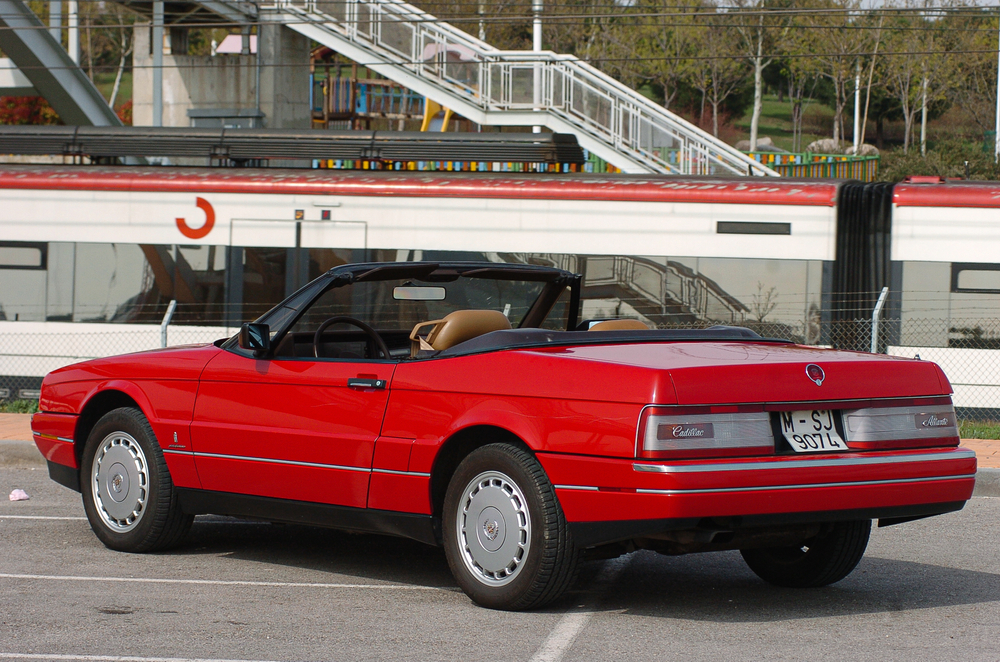
In Madrid, strict emissions policies that limit older vehicles from entering the city center contribute to rapid depreciation. Spain has also offered incentives for electric and hybrid vehicles, which has reduced the demand for older gasoline and diesel models. Additionally, high ownership costs, including taxes and parking, push people to opt for newer cars more frequently. Madrid’s warm climate can also cause wear on vehicle interiors, adding to depreciation.
This article originally appeared in MyCarMakesNoise.
More from MyCarMakesNoise
20 Thrilling Cars That Come with Serious Driving Risks

Some cars are thrilling to drive but come with significant safety risks. Their high performance and exhilarating speed can lead to dangerous situations on the road. Read More.
6 Must-Visit RV and Camper Museums for Road Trip Aficionados

If you’re a road trip enthusiast with a love for RVs and campers, there’s no better way to dive into the rich history of life on the road than by visiting a museum dedicated to these iconic vehicles. Read More.
20 Affordable SUVs That Are Ideal for Retirees
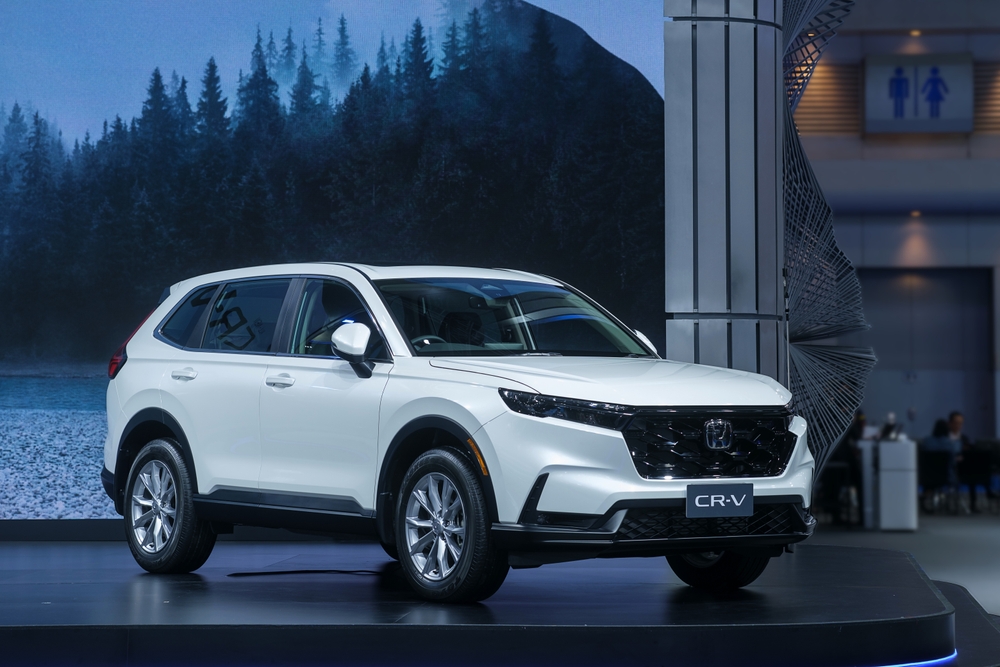
Finding the right SUV is important for retirees who are budget-conscious. The best options offer comfort, reliability, and affordability, making them perfect for those enjoying their golden years. Read More.



